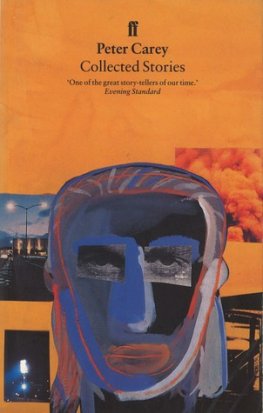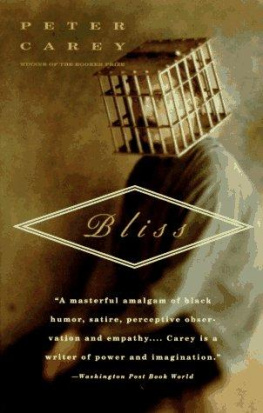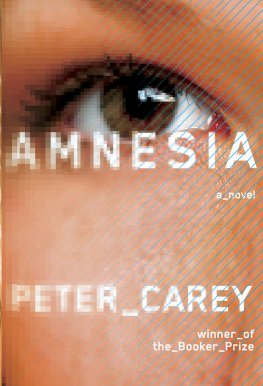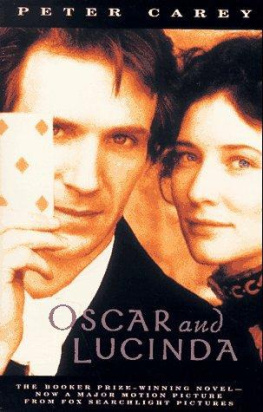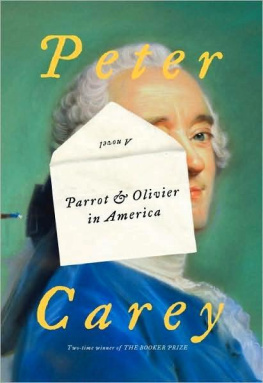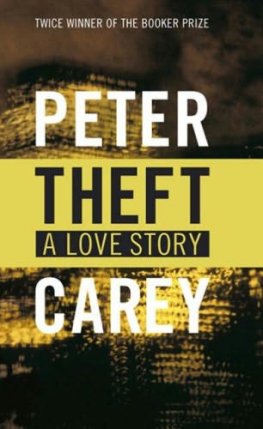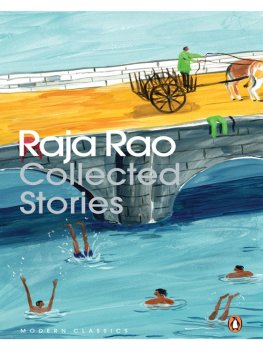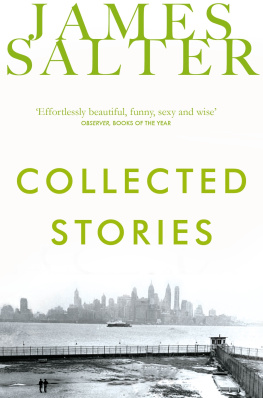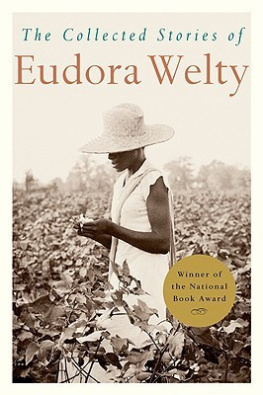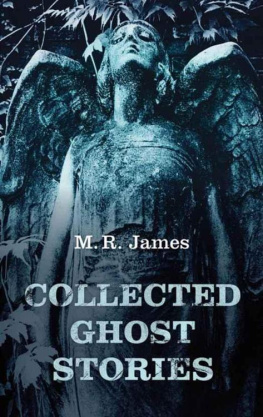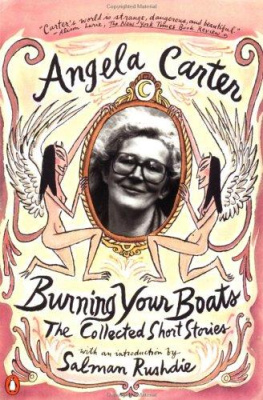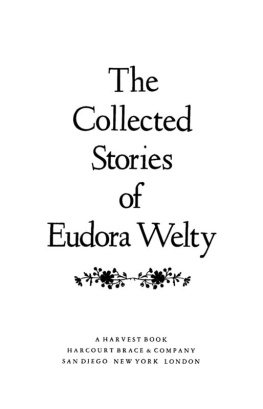Peter Carey - Collected Stories
Here you can read online Peter Carey - Collected Stories full text of the book (entire story) in english for free. Download pdf and epub, get meaning, cover and reviews about this ebook. year: 1996, publisher: Faber and Faber, genre: Prose. Description of the work, (preface) as well as reviews are available. Best literature library LitArk.com created for fans of good reading and offers a wide selection of genres:
Romance novel
Science fiction
Adventure
Detective
Science
History
Home and family
Prose
Art
Politics
Computer
Non-fiction
Religion
Business
Children
Humor
Choose a favorite category and find really read worthwhile books. Enjoy immersion in the world of imagination, feel the emotions of the characters or learn something new for yourself, make an fascinating discovery.
- Book:Collected Stories
- Author:
- Publisher:Faber and Faber
- Genre:
- Year:1996
- Rating:3 / 5
- Favourites:Add to favourites
- Your mark:
- 60
- 1
- 2
- 3
- 4
- 5
Collected Stories: summary, description and annotation
We offer to read an annotation, description, summary or preface (depends on what the author of the book "Collected Stories" wrote himself). If you haven't found the necessary information about the book — write in the comments, we will try to find it.
Collected Stories — read online for free the complete book (whole text) full work
Below is the text of the book, divided by pages. System saving the place of the last page read, allows you to conveniently read the book "Collected Stories" online for free, without having to search again every time where you left off. Put a bookmark, and you can go to the page where you finished reading at any time.
Font size:
Interval:
Bookmark:
Peter Carey
Collected Stories
Acknowledgements
Four of these stories have not been previously collected: Joe (first printed in Australian New Writing), Concerning the Greek Tyrant (The Tabloid Story Pocket Book, Wild & Woolley), A Million Dollars Worth of Amphetamines (Nation Review) and A Letter to Our Son (Granta). The remaining stories were first published in The Fat Man in History (University of Queensland Press, Australia, 1974) and War Crimes (University of Queensland Press, Australia, 1979). A number of stories from both these collections were included in the British edition of The Fat Man in History (Faber and Faber, 1980).
Do You Love Me?
1. The Role of the Cartographers
Perhaps a few words about the role of the Cartographers in our present society are warranted.
To begin with one must understand the nature of the yearly census, a manifestation of our desire to know, always, exactly where we stand. The census, originally a count of the population, has gradually extended until it has become a total inventory of the contents of the nation, a mammoth task which is continuing all the time no sooner has one census been announced than work on another begins.
The results of the census play an important part in our national life and have, for many years, been the pivot point for the yearly Festival of the Corn (an ancient festival, related to the wealth of the earth).
We have a passion for lists. And nowhere is this more clearly illustrated than in the Festival of the Corn which takes place in midsummer, the weather always being fine and warm. On the night of the festival, the householders move their goods and possessions, all furniture, electrical goods, clothing, rugs, kitchen utensils, bathrobes, slippers, cushions, lawn mowers, curtains, doorstops, heirlooms, cameras, and anything else that can be moved into the street so that the census officials may the more easily check the inventory of each household.
The Festival of the Corn is, however, much more than a clerical affair. And, the day over and the night come, the householders invite each other to view their possessions which they refer to, on this night, as gifts. It is like nothing more than a wedding feast there is much cooking, all sorts of traditional dishes, fine wines, strong liquors, music is played loudly in quiet neighbourhoods, strangers copulate with strangers, men dance together, and maidens in yellow robes distribute small barley-sugar corncobs to young and old alike.
And in all this the role of the Cartographers is perhaps the most important, for our people crave, more than anything else, to know the extent of the nation, to know, exactly, the shape of the coastline, to hear what land may have been lost to the sea, to know what has been reclaimed and what is still in doubt. If the Cartographers report is good the Festival of the Corn will be a good festival. If the report is bad, one can always sense, for all the dancing and drinking, a feeling of nervousness and apprehension in the revellers, a certain desperation. In the year of a bad Cartographers report there will always be fights and, occasionally, some property will be stolen as citizens attempt to compensate themselves for their sense of loss.
Because of the importance of their job the Cartographers have become an elite well paid, admired, envied, and having no small opinion of themselves. It is said by some that they are overproud, immoral, vain and footloose, and it is perhaps the last charge (by necessity true) that brings about the others. For the Cartographers spend their years travelling up and down the coast, along the great rivers, traversing great mountains and vast deserts. They travel in small parties of three, four, sometimes five, making their own time, working as they please, because eventually it is their own responsibility to see that their teams task is completed in time.
My father, a Cartographer himself, often told me stories about himself or his colleagues and the adventures they had in the wilderness.
There were other stories, however, that always remained in my mind and, as a child, caused me considerable anxiety. These were the stories of the nether regions and I doubt if they were known outside a very small circle of Cartographers and government officials. As a child in a house frequented by Cartographers, I often heard these tales which invariably made me cling closely to my mothers skirts.
It appears that for some time certain regions of the country had become less and less real and these regions were regarded fearfully even by the Cartographers, who prided themselves on their courage. The regions in question were invariably uninhabited, unused for agriculture or industry. There were certain sections of the Halverson Ranges, vast stretches of the Greater Desert, and long pieces of coastline which had begun to slowly disappear like the image on an improperly fixed photograph.
It was because of these nebulous areas that the Fischerscope was introduced. The Fischerscope is not unlike radar in its principle and is able to detect the presence of any object, no matter how dematerialized or insubstantial. In this way the Cartographers were still able to map the questionable pairs of the nether regions. To have returned with blanks on the maps would have created such public anxiety that no one dared think what it might do to the stability of our society. I now have reason to believe that certain areas of the country disappeared so completely that even the Fischerscope could not detect them and the Cartographers, acting under political pressure, used old maps to fake in the missing sections. If my theory is grounded in fact, and I am sure it is, it would explain my fathers cynicism about the Festival of the Corn.
2. The Archetypal Cartographer
My father was in his fifties but he had kept himself in good shape. His skin was brown and his muscles still firm. He was a tall man with a thick head of grey hair, a slightly less grey moustache and a long aquiline nose. Sitting on a horse he looked as proud and cruel as Genghis Khan. Lying on the beach clad only in bathers and sunglasses he still managed to retain his authoritative air.
Beside him I always felt as if I had betrayed him. I was slightly built, more like my mother.
It was the day before the festival and we lay on the beach, my father, my mother, my girlfriend and I. As was usual in these circumstances my father addressed all his remarks to Karen. He never considered the members of his own family worth talking to. I always had the uncomfortable feeling that he was flirting with my girlfriends and I never knew what to do about it.
People were lying in groups up and down the beach. Near us a family of five were playing with a large beach ball.
Look at those fools, my father said to Karen.
Why are they fools? Karen asked.
Theyre fools, said my father. They were born fools and theyll die fools. Tomorrow theyll dance in the streets and drink too much.
So, said Karen triumphantly, in the manner of one who has become privy to secret information. It will be a good Cartographers report?
My father roared with laughter.
Karen looked hurt and pouted. Am I a fool?
No, my father said, youre really quite splendid.
3. The Most Famous Festival
The festival, as it turned out, was the greatest disaster in living memory.
The Cartographers report was excellent, the weather was fine, but somewhere something had gone wrong.
The news was confusing. The television said that, in spite of the good report, various items had been stolen very early in the night. Later there was a news flash to say that a large house had completely disappeared in Howie Street.
Font size:
Interval:
Bookmark:
Similar books «Collected Stories»
Look at similar books to Collected Stories. We have selected literature similar in name and meaning in the hope of providing readers with more options to find new, interesting, not yet read works.
Discussion, reviews of the book Collected Stories and just readers' own opinions. Leave your comments, write what you think about the work, its meaning or the main characters. Specify what exactly you liked and what you didn't like, and why you think so.

